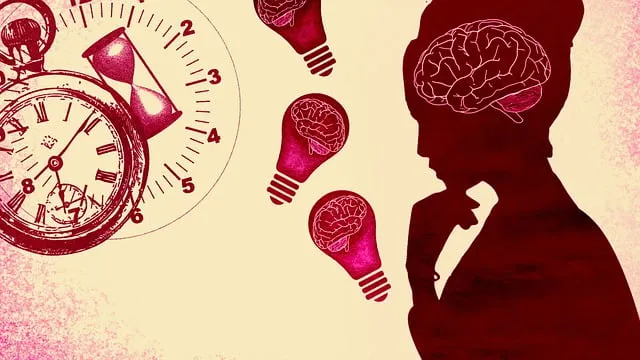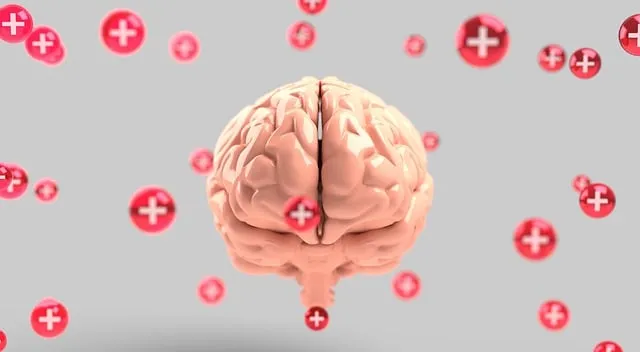Crisis Intervention Teams (CITs) at Kaiser Permanente's Lone Tree mental health center are trained professionals using mindfulness, self-awareness, and risk assessment to de-escalate acute crises. Their comprehensive training equips them with skills for stress management, conflict resolution, and tailored crisis intervention, enhancing patient outcomes and creating safer environments. As a leading center, Kaiser Permanente Lone Tree attracts diverse participants through innovative programs in mental wellness, including interactive workshops and scenario simulations, positively impacting lives affected by mental health challenges.
In today’s digital era, crisis intervention team (CIT) training programs have become a vital resource in mental health care. These specialized teams play a crucial role in de-escalating high-risk situations and providing immediate support to individuals in distress. Kaiser Permanente Lone Tree, renowned for its excellent mental health center reviews, offers comprehensive CIT training, equipping professionals with the skills needed to navigate complex crises effectively. This article explores the essential components of these programs, highlighting why they are a game-changer in mental healthcare.
- Understanding Crisis Intervention Teams: A Necessary Resource in Mental Health Care
- Kaiser Permanente Lone Tree: A Center for Excellence in Training and Support
- Essential Components of Effective Crisis Intervention Team Training Programs
Understanding Crisis Intervention Teams: A Necessary Resource in Mental Health Care

Crisis Intervention Teams (CITs) are a crucial resource within mental health care systems, offering specialized support during acute crises. These teams typically consist of trained professionals from various disciplines, including psychiatry, psychology, social work, and nursing. At Kaiser Permanente mental health centers like those in Lone Tree, CIT training programs have become integral to ensuring effective and safe interventions.
Understanding the dynamics of crisis situations is essential for all mental health professionals. Through comprehensive training, teams learn Self-Awareness Exercises and Risk Assessment techniques tailored to de-escalate high-risk scenarios. Mindfulness Meditation practices are often incorporated to enhance emotional regulation skills, enabling professionals to provide compassionate care during stressful events. These programs empower healthcare workers to navigate complex situations, ultimately improving patient outcomes and fostering a safer environment for both clients and caregivers.
Kaiser Permanente Lone Tree: A Center for Excellence in Training and Support

Kaiser Permanente Lone Tree stands as a beacon of hope and excellence in mental health care, fostering a culture of support through comprehensive training programs. This center is renowned for its innovative approach to crisis intervention, offering specialized courses tailored to equip individuals with effective coping strategies. The program’s popularity has grown, attracting participants from various sectors eager to enhance their ability to assist others.
With a focus on Mental Wellness, the center provides an immersive experience that delves into Stress Management techniques and promotes Mindfulness Meditation practices. Through interactive workshops and real-world scenario simulations, trainees gain invaluable skills to navigate crises and provide compassionate support. Kaiser Permanente Lone Tree’s commitment to excellence ensures that those who complete the program are well-prepared to make a positive impact on lives affected by mental health challenges.
Essential Components of Effective Crisis Intervention Team Training Programs

Effective crisis intervention team (CIT) training programs are pivotal in equipping healthcare professionals with the necessary tools to handle high-stress situations. The core components of these programs involve a blend of practical skills, evidence-based strategies, and emotional intelligence training. One of the key areas is conflict resolution techniques, enabling teams to de-escalate tense scenarios swiftly and safely.
Moreover, CIT training should offer comprehensive crisis intervention guidance tailored for various mental health challenges, fostering a supportive environment that promotes positive thinking and recovery. The programs must also delve into effective communication skills, active listening, and empathy development, as these elements are crucial in building rapport with individuals in crisis. Incorporating real-life case studies from renowned institutions like the Kaiser Permanente mental health center in Lone Tree can offer valuable insights, enriching the training experience and ensuring professionals are prepared to handle diverse crises with proficiency and compassion.
Crisis intervention team (CIT) training programs, such as those offered at Kaiser Permanente’s Lone Tree mental health center, are vital resources for enhancing mental healthcare. By equipping professionals with the necessary skills, these programs ensure effective and efficient navigation through crises. The comprehensive curriculum, combining theoretical knowledge and practical exercises, prepares teams to handle diverse situations with empathy and expertise. As reviewed by numerous satisfied participants, the training at Kaiser Permanente Lone Tree sets a standard of excellence, fostering better outcomes for those in need.






